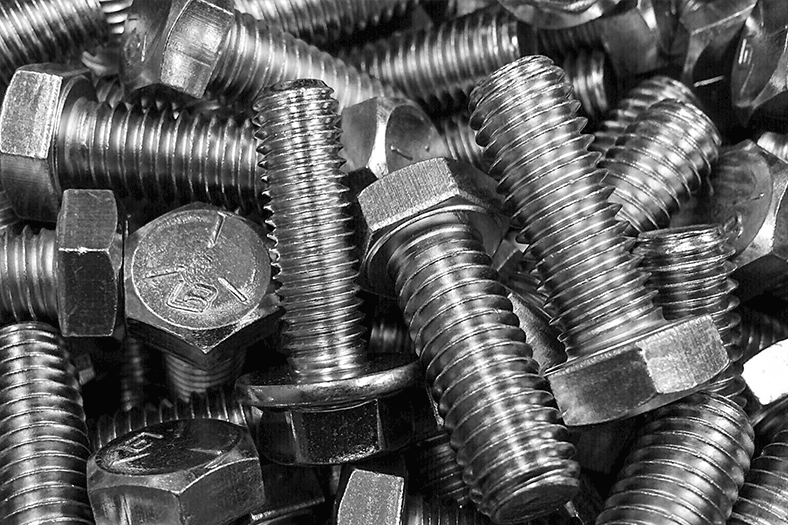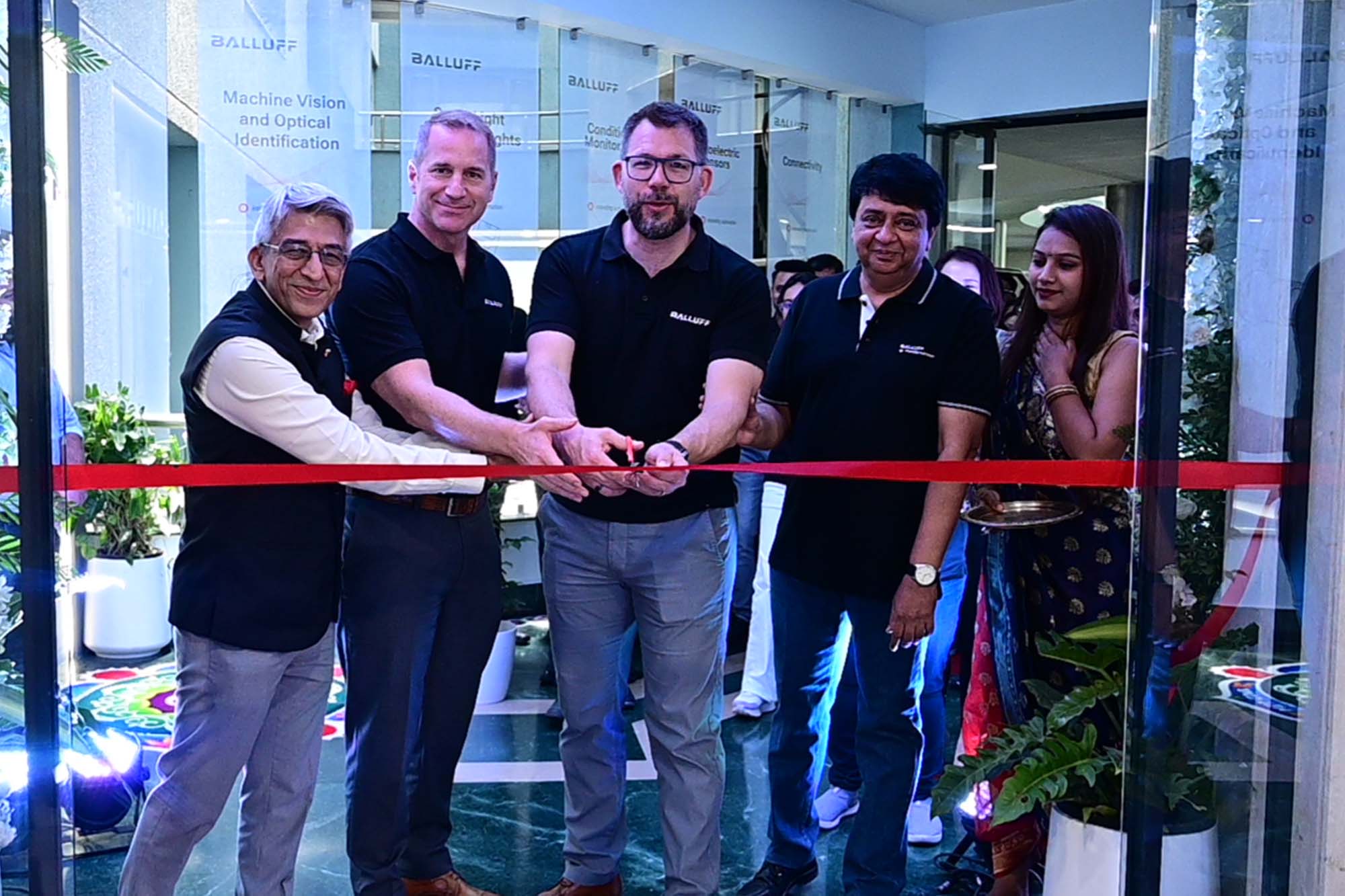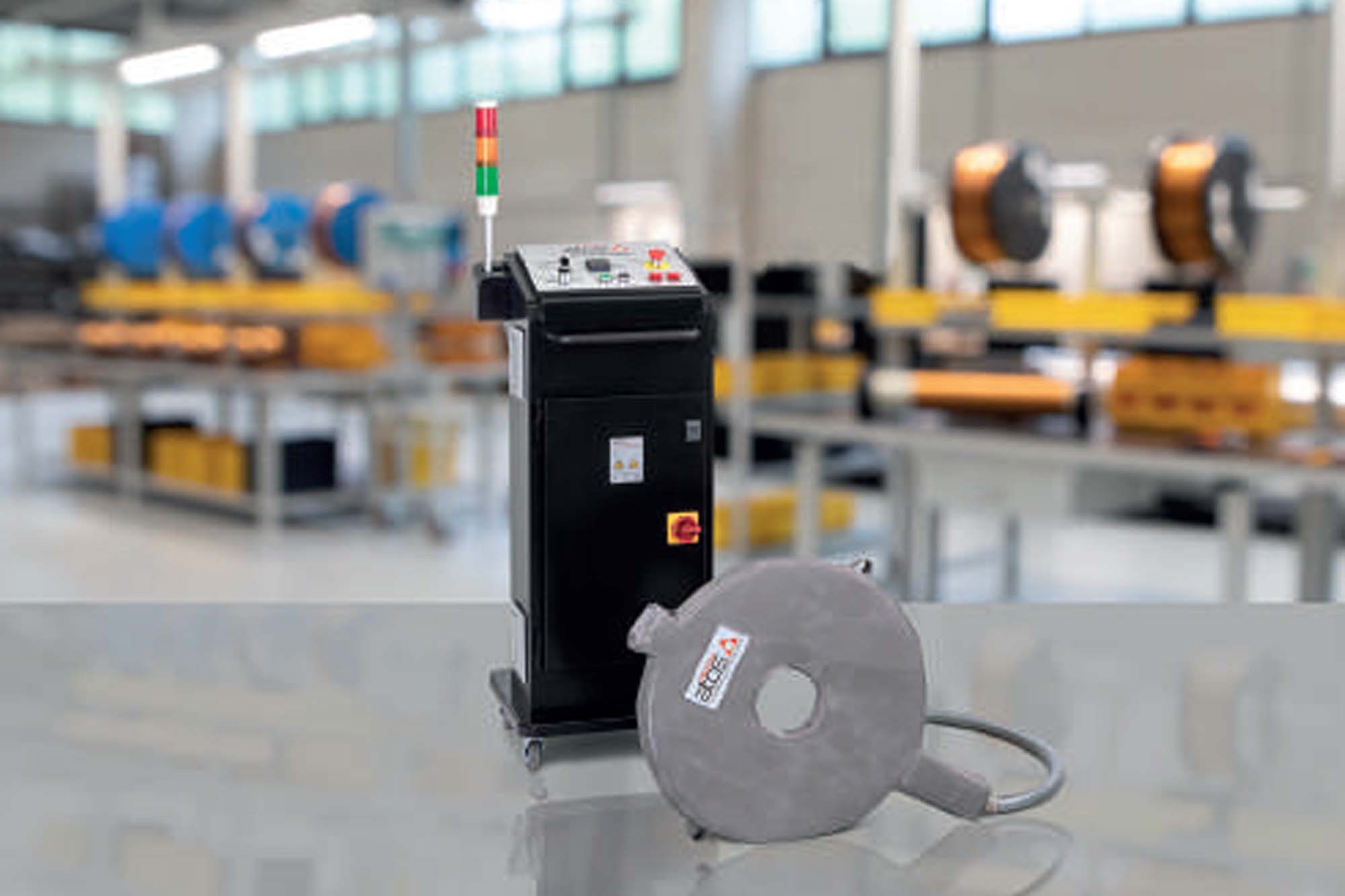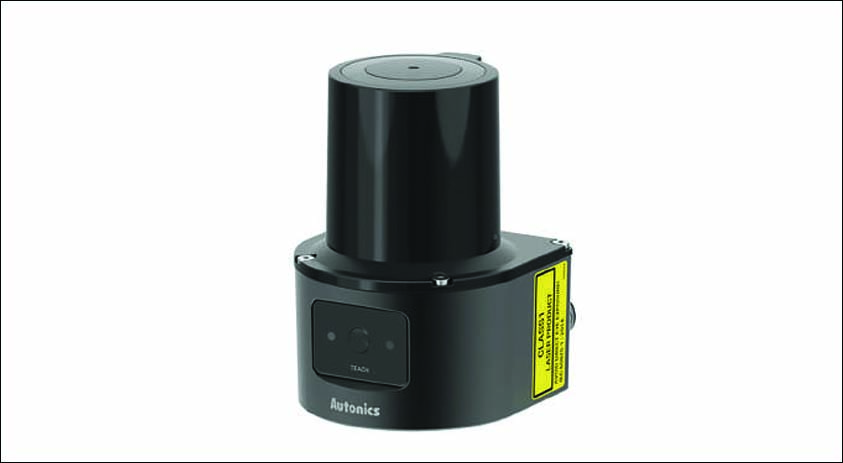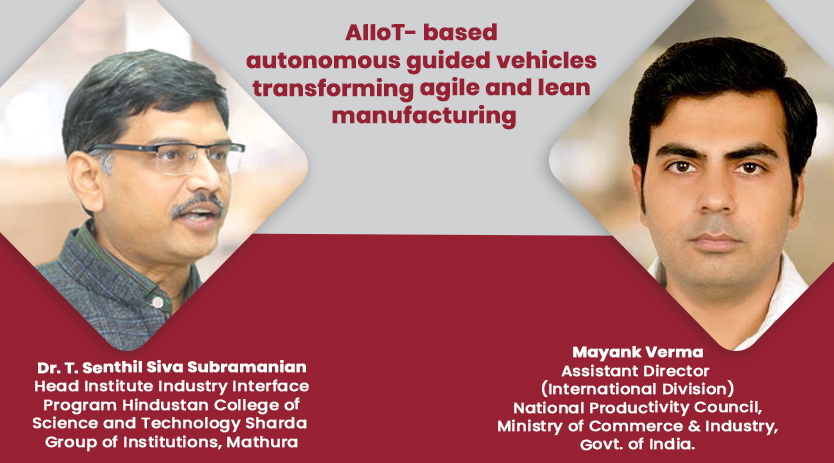Advanced technology and composite material to play a key role in fastener market growth
By OEM Update Editorial May 7, 2020 4:38 pm IST
Leading industry players discuss the growing applications of industrial fasteners and how the market is set to get a greater boost with new opportunities coming up.
Fasteners are manufactured in a wide range of materials from common steel to titanium, plastic, and other exotic materials. Many materials are further separated into different grades to describe specific alloy mixtures, hardening processes, etc. In addition, some materials are available with a variety of coatings or platings to enhance the corrosion resistance or alter the appearance of the fastener.
Market performance of fasteners used in manufacturing
With the Indian government’s “Make in India” initiative, the Indian manufacturing sector is expected to generate huge demand for the industrial fasteners market. “The Indian industrial fasteners market is expected to reach a value of ₹460 billion by 2023 expanding at a CAGR of 9.6 percent from 2018. Fastener companies usually sell their products in India through various distribution channels such as distributors, direct dealers, online channels, and industrial events. Delicensing of the industry is facilitating the entry of major global manufacturers in the Indian market. The majority of fasteners that were imported by India in FY2019 were screws and bolts, whether or not with their nuts or washers followed by other non-threaded articles and threaded nuts,” explains Rajesh Nath, Managing Director, German Engineering Federation (VDMA).
The Indian industrial fasteners market is segmented on the basis of application, product type, and the organisation of the market. Fastener material can be important when choosing a fastener due to differences between materials in strength, brittleness, corrosion resistance, galvanic corrosion properties and, of course, cost. When replacing fasteners, it is generally best to match what you are replacing. Replacing a bolt with a stronger one is not always safe. Harder bolts tend to be more brittle and may fail in specific applications. The Indian automotive sector is expected to be the largest consumer of industrial fasteners, accounting for a major share of the market by 2023. It is followed by the construction and the engineering sector. High-tensile fasteners are mainly used in the construction and engineering sector, whereas mild steel fasteners are used in manufacturing automobiles. Currently, there has been a shift in preference of manufacturing fasteners by using stainless steel, iron, brass, aluminium, nickel, and plastics and composites.
Technologies used in fasteners
The industrial fastener market is driven primarily by the aerospace, construction, and automotive industries with petrochemical, nuclear, medical, marine, and mining being important niche markets. Fastener materials include ferrous and non-ferrous materials, including steel, stainless steel, tool steel, aluminium, titanium, and exotic speciality grades. Coatings are also in common use and include zinc, cadmium, nickel, galvanised (hot dipping, sherardising), phosphate, and polytetrafluoroethylene (PTFE) coatings, to name a few. Stainless steel is an alloy of low-carbon steel and chromium for enhanced corrosion characteristics.
Stainless steel is highly corrosion-resistant for its price. Because the anti-corrosive properties are inherent to the metal, it will not lose this resistance if scratched during installation or use. Steel is the most common fastener material. Steel fasteners are available plain as well as with various surface treatments such as zinc plating, galvanisation, and chrome plating. Many steel fasteners are electroplated with zinc for better corrosion resistance. Fasteners that have been zinc-plated have a shiny, silvery or golden appearance, referred to as clear or yellow zinc respectively. They are fairly corrosion-resistant but will rust if the coating is destroyed or if exposed to a marine environment. Galvanising is another coating involving the application of a layer of zinc. Hot-dip galvanising puts the thickest possible coating on the metal, resulting in superior corrosion resistance. Due to the thickness of the coating, hot-dipped galvanised bolts are not compatible with other nuts. Galvanised nuts are tapped slightly larger than other nuts to accommodate this coating.
Hot-dipped galvanised fasteners are frequently used outdoors, especially in coastal environments. Fasteners are chrome-plated and polished for appearance. Chrome plating provides similar corrosion resistance to zinc plating. The main drawback of polished chrome is its high cost. If more corrosion resistance is required, stainless steel may be chrome-plated, preventing any corrosion should the chrome be penetrated.
“Currently, most fasteners are made out of products such as metal and plastic. However, the use of composite materials has been increasing over time,” Nath stated. As a result, we can also expect that in the next few years or decades, we will finally end up having fasteners that are made out of the same material. Some of the qualities that they will have include the hardness and lightness that composite material is well-known for.
Heat treatment plays a critical role in the manufacture of fasteners in order for them to achieve the desired performance properties. Heat treatment is typically conducted after the forming processes and before any coating or finishing process in both captive and commercial shops. The equipment necessary to effectively heat-treat steel fasteners includes well-controlled atmosphere furnaces with temperature control, atmosphere control, quenching tanks, and cleaning equipment. This equipment typically requires a large capital expense as well as continuing maintenance costs.Challenges in the market growth of fasteners
With auto companies slashing production due to slowing demand for vehicles, there has been a cascading effect on fastener manufacturing in India, which is now hit by a lower volume of product sales. This leads to total production of 4 crore metric tonnes of fasteners per month being forced to cut the production and work shift by half.
“Another barrier for Indian fastener manufacture is the prices of steel in India which is influenced by demand-supply forces and international prices. The increasing prices of raw materials like these, which are used in the manufacture of industrial fasteners, reduce profitability,” added Nath. Another threat for the fasteners market is spurious and low-quality products which affect longevity adversely and can result in accidents with catastrophic consequences.
Growth opportunities to look forward to
New technology is indeed a need of fastener companies for advancement in fastener manufacturing. Miniature fasteners are potentially one of the most influential changes as far as advancement in fastener technology is concerned.
There are a number of instances where small fasteners, which are made from ultra-thin metal sheets, are used to hold together projects. Miniature designs of fasteners are of great help for a number of industries, which range from electronics to lifestyle. They are reusable and permanent in nature and are some of the best options for their respective uses.
Nath concluded, “Also, improved technology allows new fasteners to be made from composite material. Some of the advantages of these products are that they are very light, and also tend to be very strong. Those that are made out of ceramic are also very hard, which means that they can be used in scenarios where they might be exposed to a lot of heat and pressure. Also, manufacturing of plastic material fasteners is in big demand by automobile manufacturers.”
Lighter and stronger fasteners are growing in use in the automotive and other industries. These new technologies and materials used in fastener manufacturing have the potential to greatly improve the growth of the fastener market and make it one of the most sought-after products in industrial manufacturing.
Cookie Consent
We use cookies to personalize your experience. By continuing to visit this website you agree to our Terms & Conditions, Privacy Policy and Cookie Policy.



